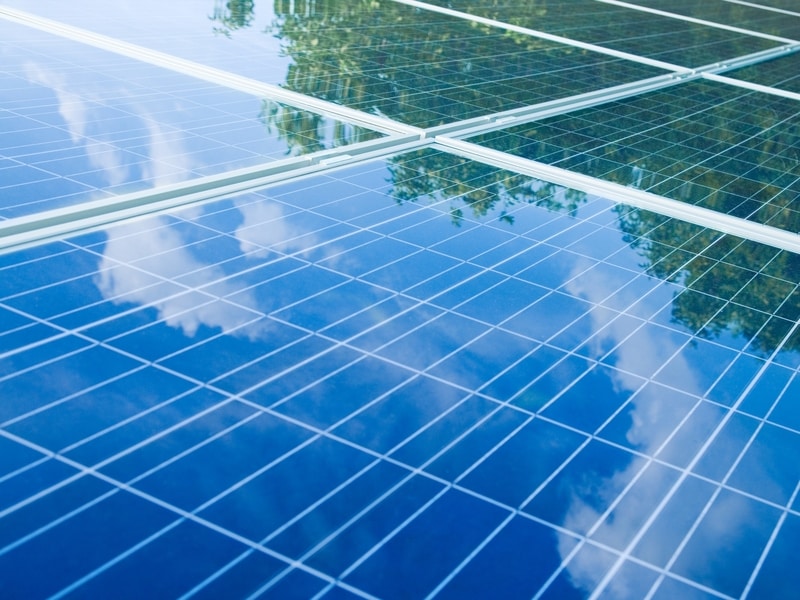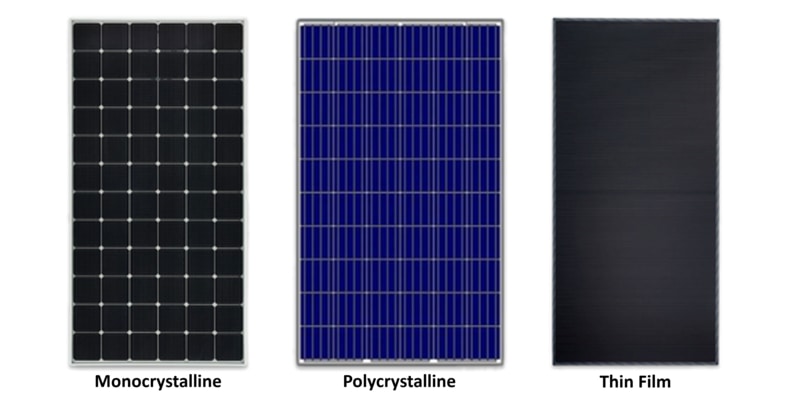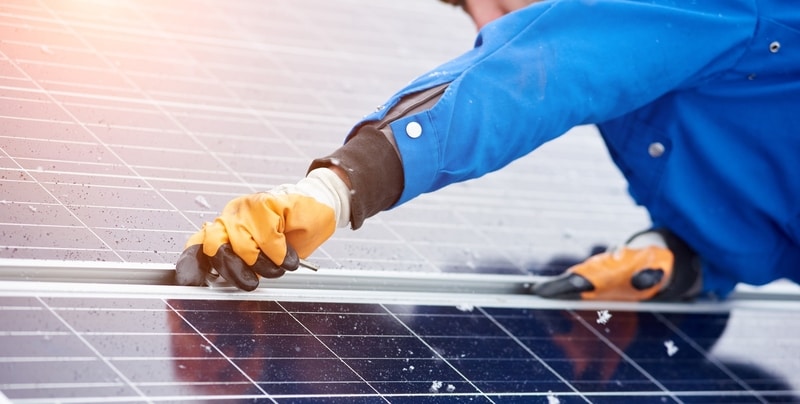
Solar Panel Output: Winter vs Summer
Solar panels are a significant investment, and in summer when the sun is shining everyday there is no doubt that you’ll be getting your money’s worth. But are solar panels less efficient in winter?
Solar panels produce more power in summer, because there is more direct sunlight. Solar panels are however, more efficient in winter because of the cooler temperatures.
There are also a number of tips and tricks you can use to help make sure your energy output isn’t hampered by the colder weather. Taking care of your solar panels in the winter, and understanding the incentives available to you will help you save money on your power bill.
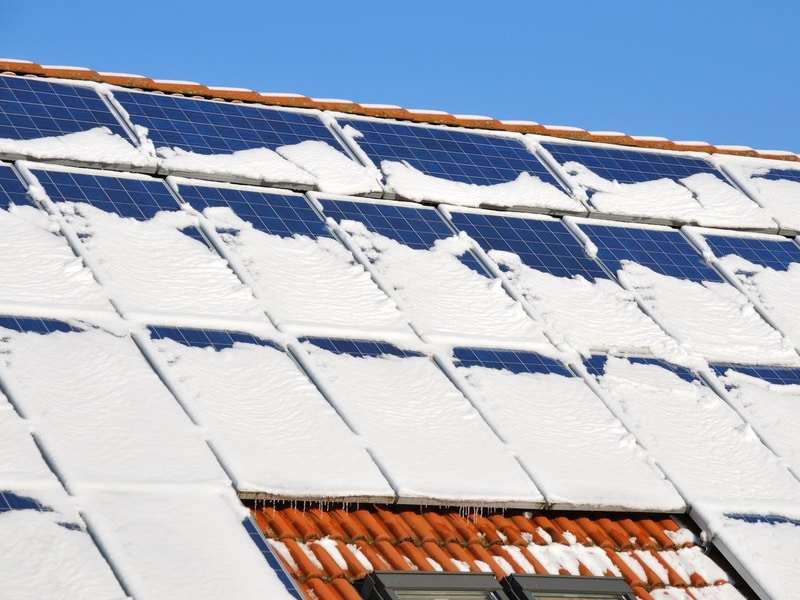
Solar panel efficiency in winter
The solar panel output winter vs summer in most locations is a lot more similar than you might think. In most locations, solar panels still function in the winter, just at a lower production level. You can expect a reduction in energy production of about 32% on average due to the reduced sunlight hours and increased cloud coverage.
This is not, however, the end of the story. When the weather dips, solar panels work more efficiently. Solar panels get less efficient in temperatures higher than 25 degrees so winter allows them to produce power more easily. They will still produce a lower overall output generally, because of the reduction in sunlight, but the lower the temperature, the more efficiently your solar panels will work.
Air temperature greater than 25 degrees, which is most summer days in many parts of Australia, decreases the efficiency of your solar panels. In fact, for every degree above 25 degrees, the efficiency of your solar panels drops by 0.5%.
Overall, your solar panels will still produce more power in the summer, but with less efficiency because of the higher temperatures. Winter months, when temperatures are colder, is far better for your solar panels to produce power with a higher degree of efficiency.
Solar panel output winter vs summer: Daytime Hours
From the months of November to February, the days get longer and solar panels can soak up almost 6 hours more sunlight on those long summer days. Conversely, as the days get shorter moving towards winter, your solar panels don’t receive the same amount of light.
The other major factor that influences your solar panel output winter vs summer is the time of day. The angle of the sun’s rays have a significant impact on the power output of solar panels.
In summer, the sun sits higher in the sky, allowing rays to hit solar panels more directly. This results in a higher energy output than in winter, when the sun sits lower in the sky and rays hit the panels at a less direct angle.
During the winter, the sun’s rays also travel a little slower, and by the time the light reaches the solar panels it has spread out and covers a larger area which also reduces the direct rays and decreases energy output.

The impacts of snow
In Australia, very few places have to deal with snow luckily, but there are a few exceptions. So do solar panels work in the winter if it’s snowing? When snow falls and covers areas of your solar panels, it will reduce the output to zero. Snow blocks the light from hitting your solar panel at all, which can make solar panel’s winter output even lower.
The good news is that even if the output is lower, snow won’t damage your solar panels. Solar panels are built to be incredibly resilient and can withstand the weight of snow with ease.
If your solar panel output is being impeded by snow, there is nothing you can do but wait for it to melt so that your solar panels can be exposed to the sunlight again. Clearing snow off your solar panels manually by brushing it off is not recommended. Clearing snow manually can void the warranty of some solar panel brands because of the damage clearing snow can cause.
Because solar panels are dark coloured, and designed to soak up heat, they will melt any snow that’s rested on them quickly. You may lose an hour or two of electricity production, but that will luckily be the only negative impact of snow on your solar panels.
Frost, a more common concern for Australians across the country, is also not harmful to solar panels. Frost also has the effect of blocking rays of light from being absorbed by solar panels. Frost will melt quite quickly in the sun, so the only thing to do when frost coates your solar panels is wait.
How to keep your power bill low in winter
Do solar panels produce less in winter? Yes, but does that mean your energy bill will skyrocket in the colder months? Not necessarily. The lower production can be offset using net metering, or just by rethinking the way you heat your home in winter.
Australian summers generally require an aircon to be running at least most of the day, but in winter there are more options. Heating your home with gas or an open fireplace will straight away reduce your bills in winter.
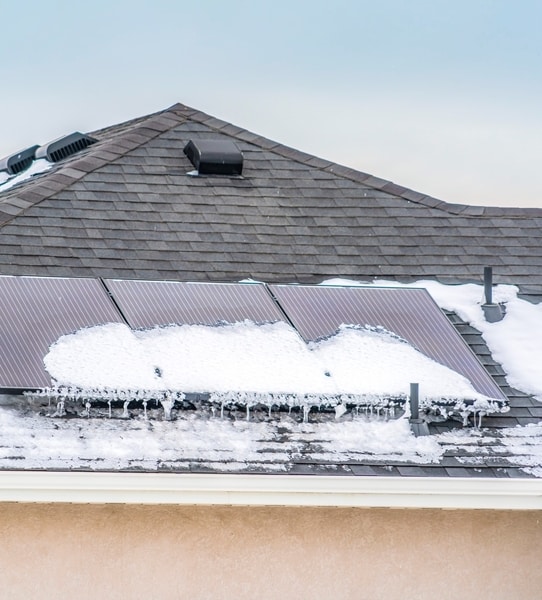
You can also feedback excess energy into the grid and get credits for this power that you can use when the sun isn’t shining. Because you are generally not using as much power in winter as you are in summer when the air conditioner runs all day long you’ll likely have more credits to use at night time.
Using feed-in tariffs
Another great way to reduce your energy bill is to find the best feed-in tariff available. You might have to rely on the energy grid for power during the winter, but feed-in tariffs allow you to take advantage of rebates from utility companies. They will take the energy you don’t use and feed it back into the grid.
These are incentives that are designed to encourage more people to install solar panels, and they can also help you save a lot of money. Different energy providers offer different feed-in rates so it’s important to shop around to make sure you’re getting the best rate possible.
If you find a great tariff rate, your energy bill will be dramatically reduced. You may still have to pay a small amount in winter depending on how much power you use.
Keeping your solar panels in good condition
You don’t need to be too worried about your solar panel output winter vs summer, because the lower output is somewhat balanced out by lower power usage, and higher solar panel efficiency. There are, however, some things you can do to help keep your solar panels in great condition this winter.
Before winter begins, take some time to clean your solar panels, cleaning off any accumulated dirt. Be careful when you do this to only use non-abrasive cleaning products and tools to help preserve your panels.
You can also prune any leaves or branches that overhang your solar panels. This will prevent any scratching and will also allow your panels to capture as much light as possible without any shade in the way.
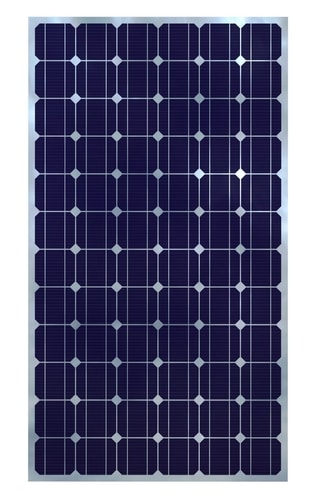
Making the most of the winter sun
The sun still shines in winter, especially if you’re lucky enough to live in places like Queensland. It shines for fewer hours in the day, and is generally more dispersed and less direct, which is why even in the sunniest places, output still decreases during the winter.
If you can change the angle of your solar panels during winter, this is another excellent way to capture more light in winter. When the sun is lower in winter, you ideally want your solar panels to face north. You can get even more precise and turn them to the exact right angle for your city by checking with the Clean Energy Council.

How to achieve energy independence during winter
Energy independence is when you no longer need to rely on the power grid to produce energy for your home. This is trickier during winter when your solar panel’s energy output is lower. A battery can help solve the problem of energy inconsistency by storing excess energy.
With a battery, you can store excess energy produced during sunnier days, and use that power during overcast days and nights. This won’t take you all the way to energy independence, but it’s a big step in the right direction.
In summary
To sum up, solar panels are an excellent investment all year round, despite a decrease in sunlight during the winter. Because solar panels are more efficient in producing power during winter and homes generally use less power during winter, you may not notice a huge difference in your power bill during winter.

